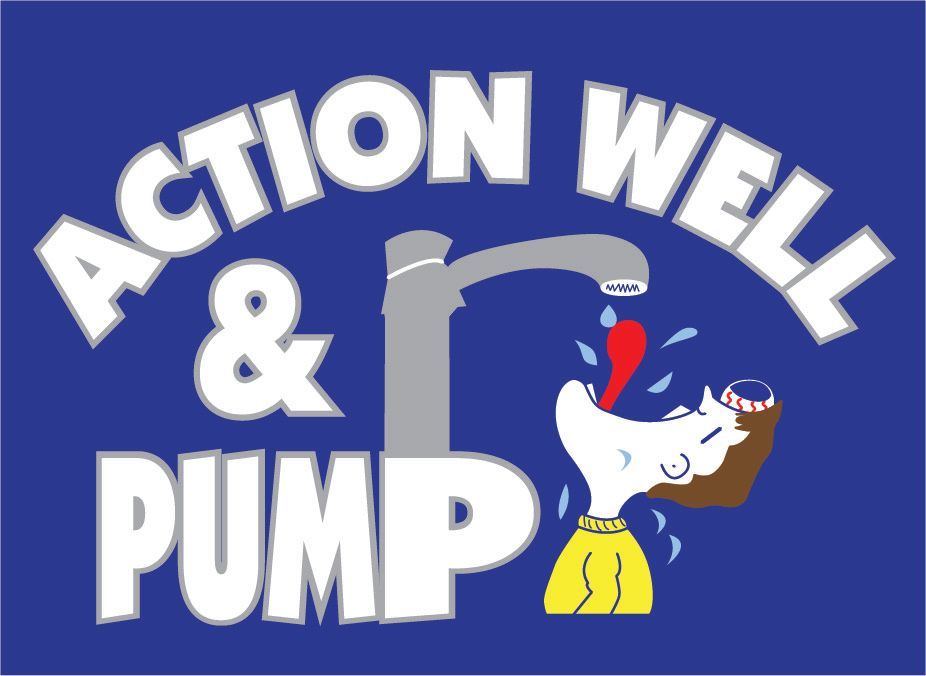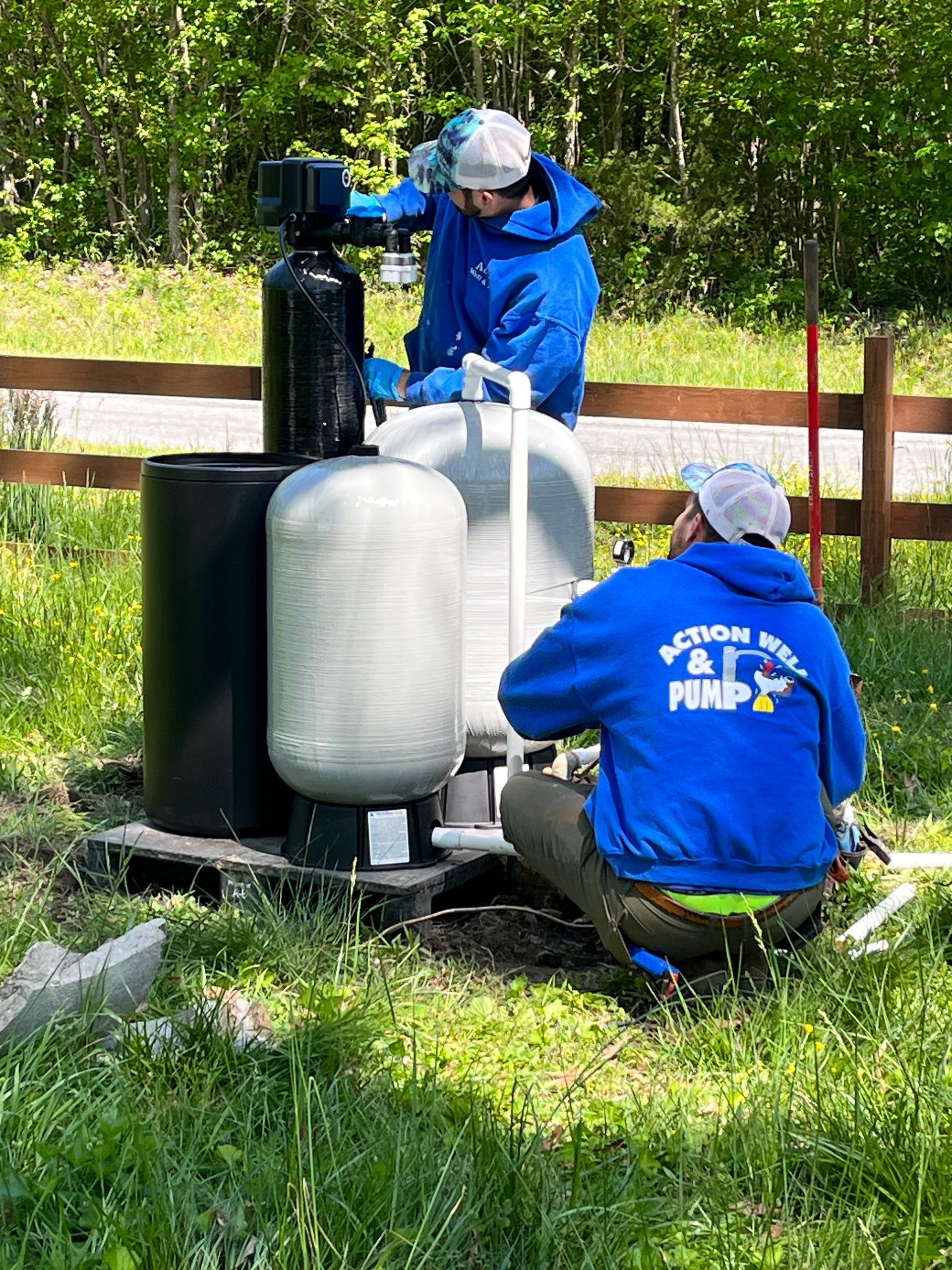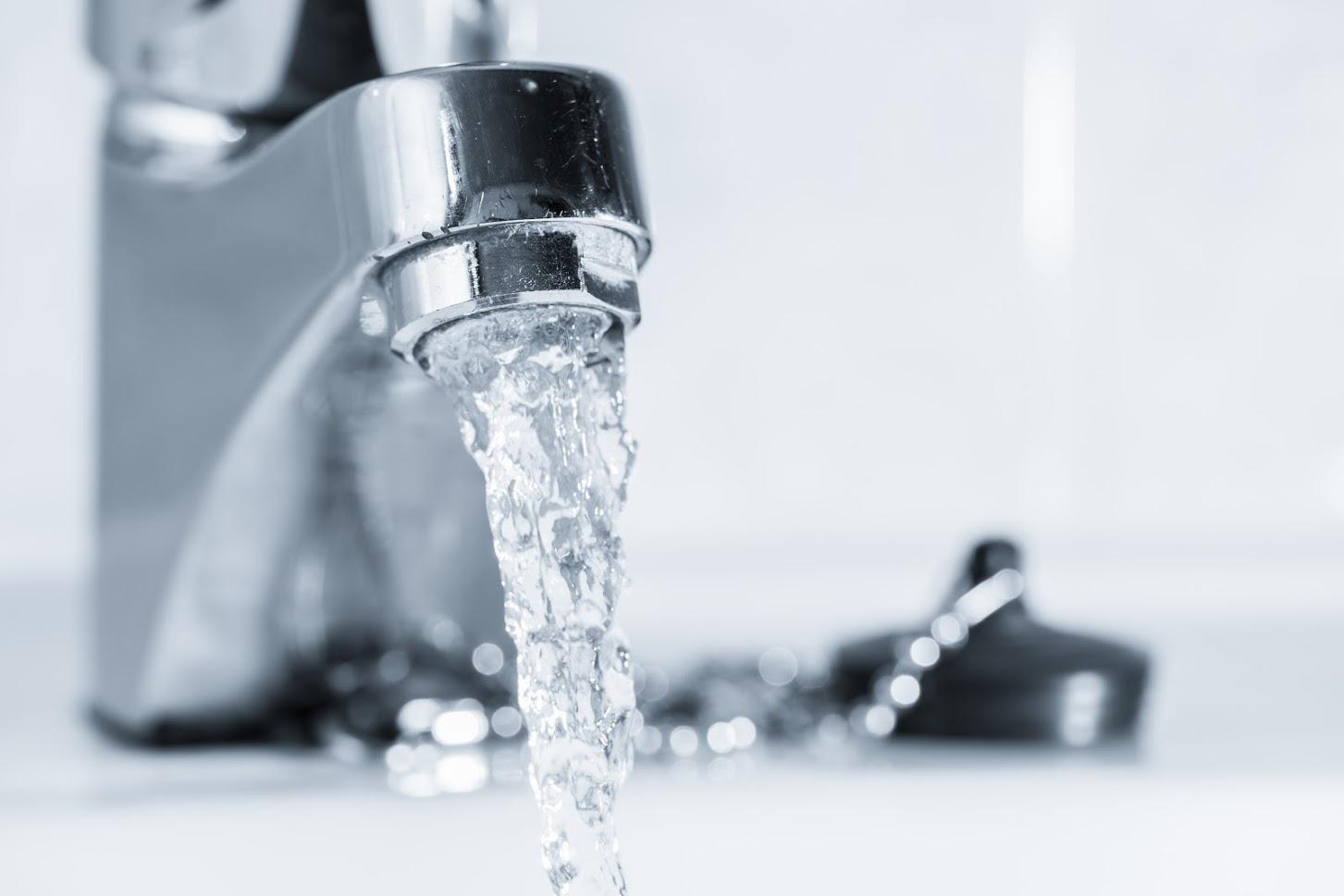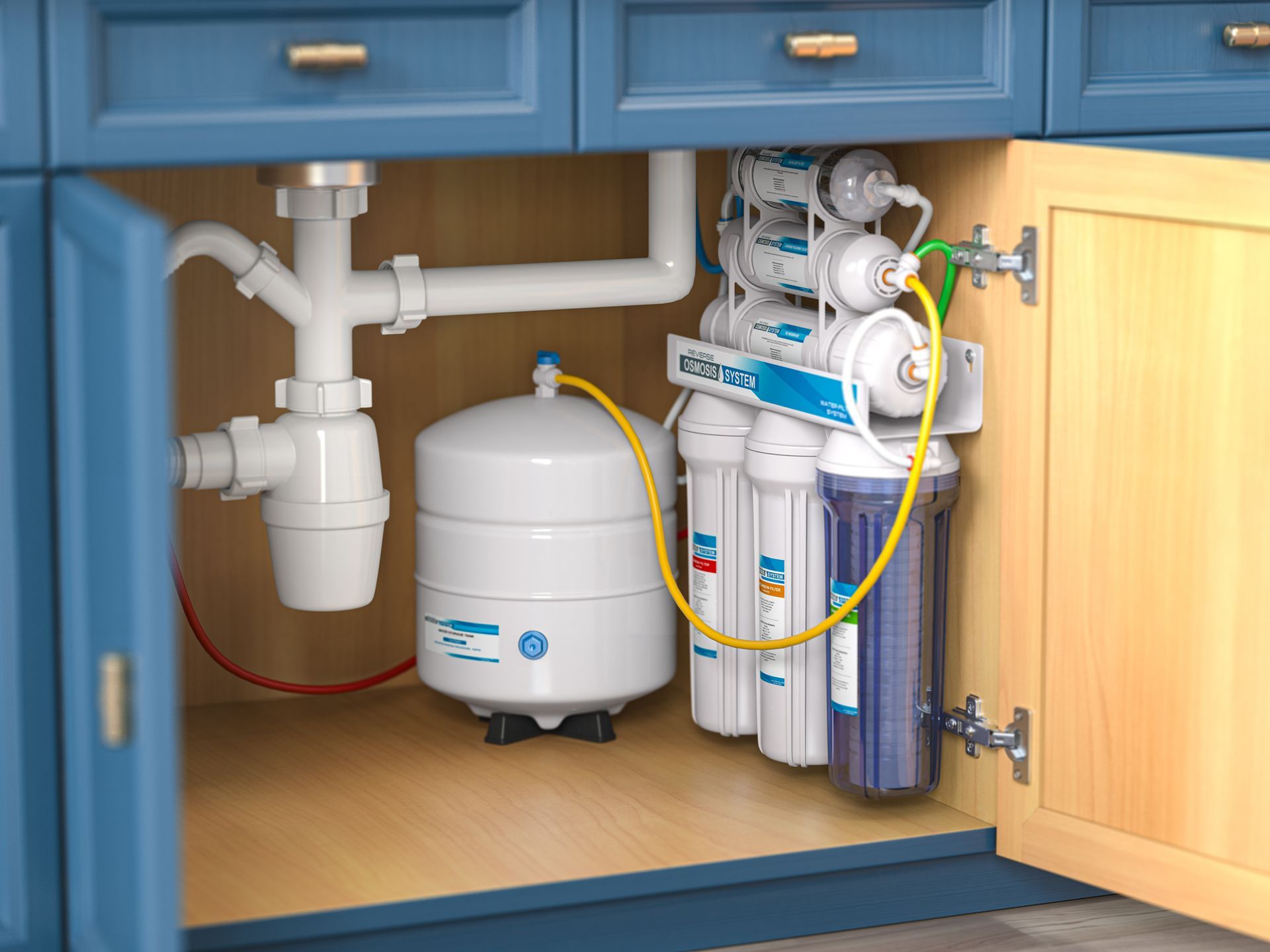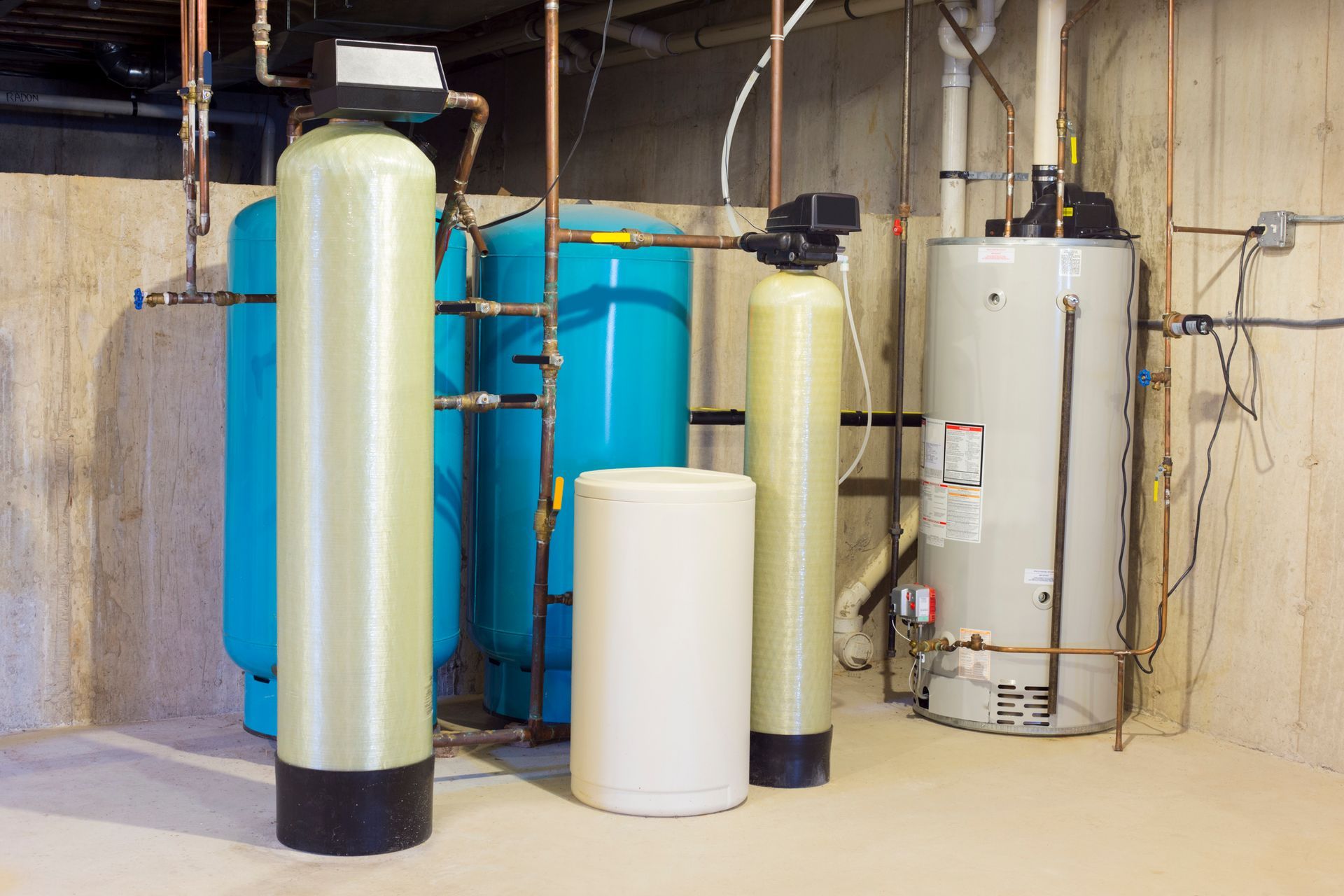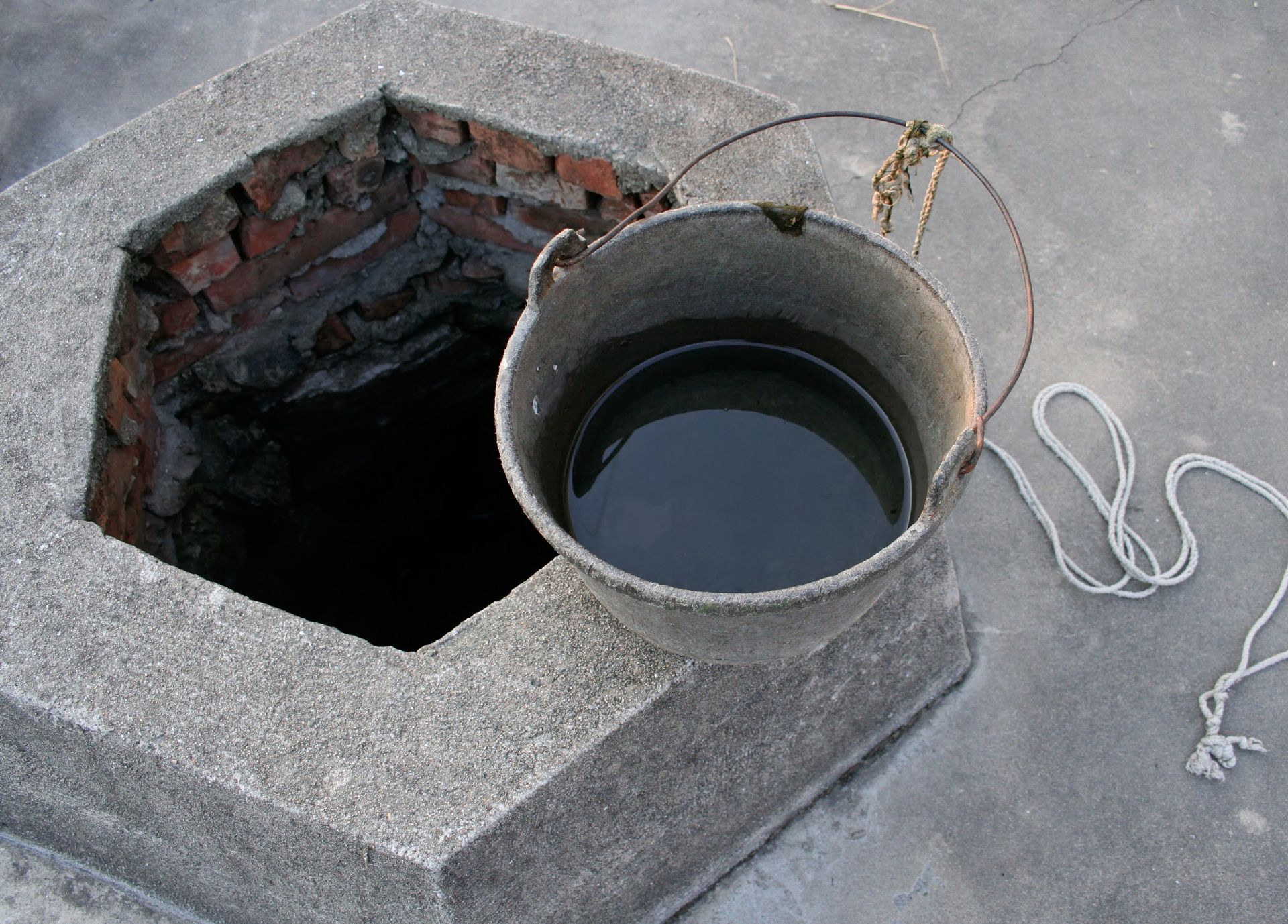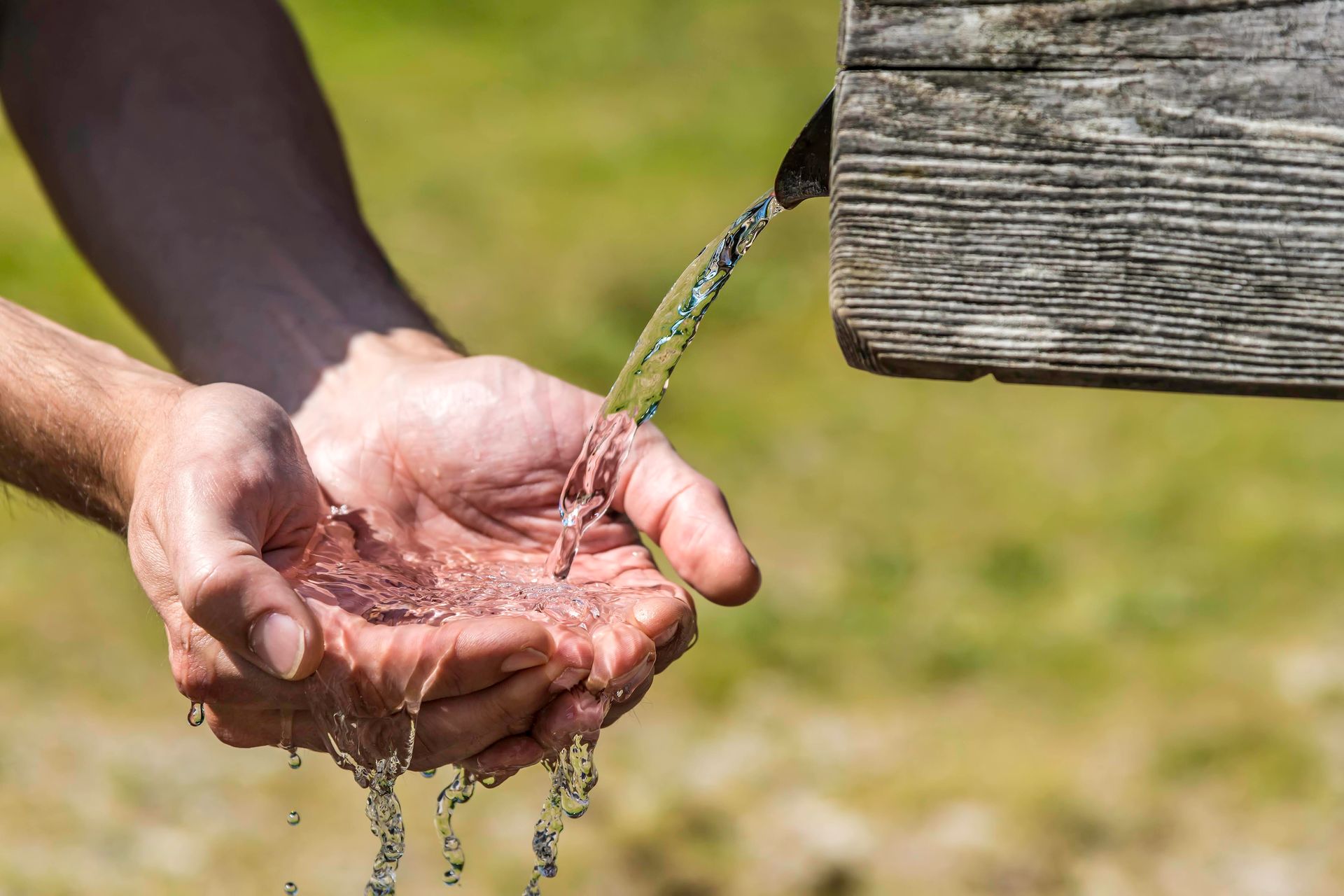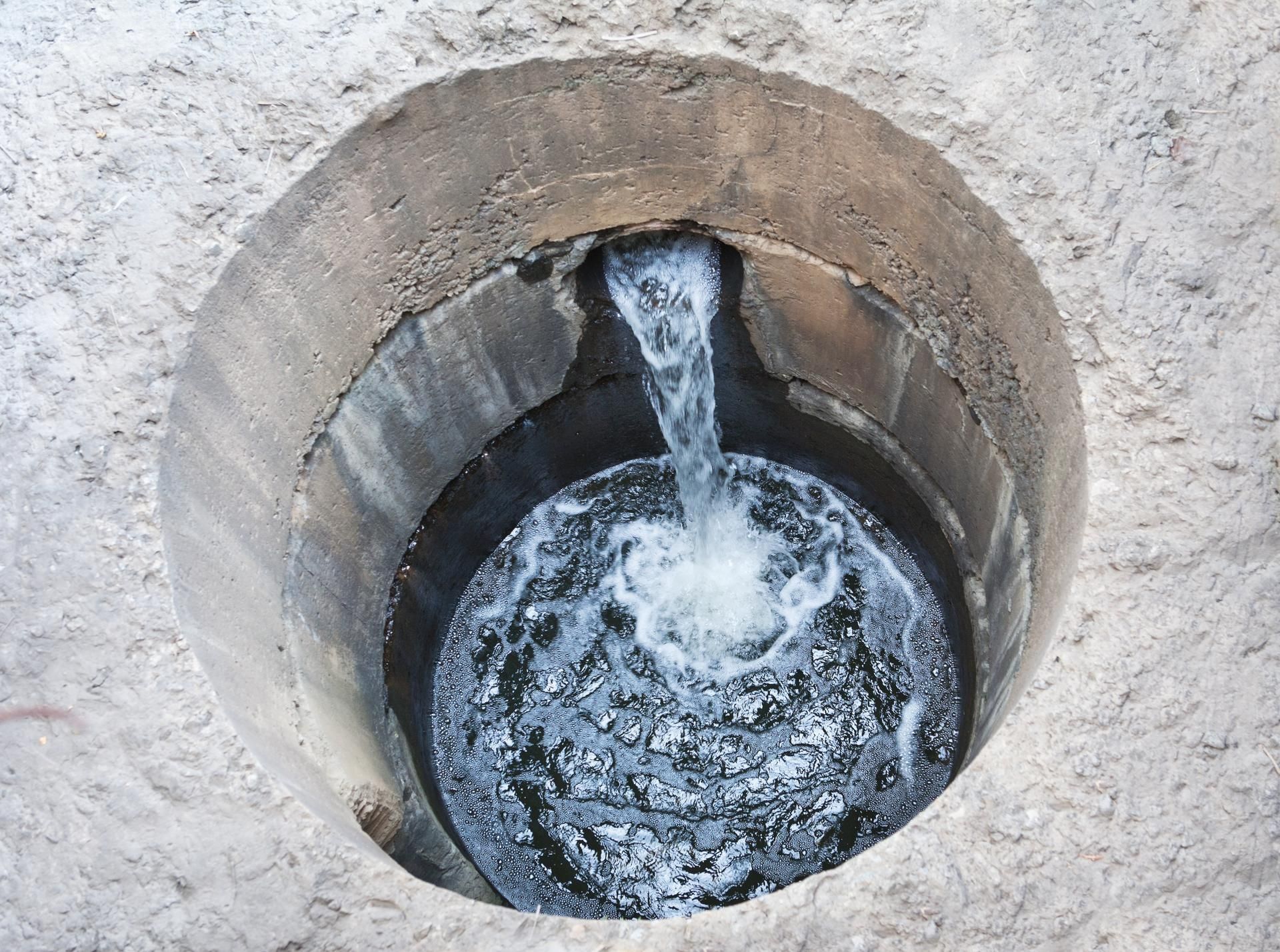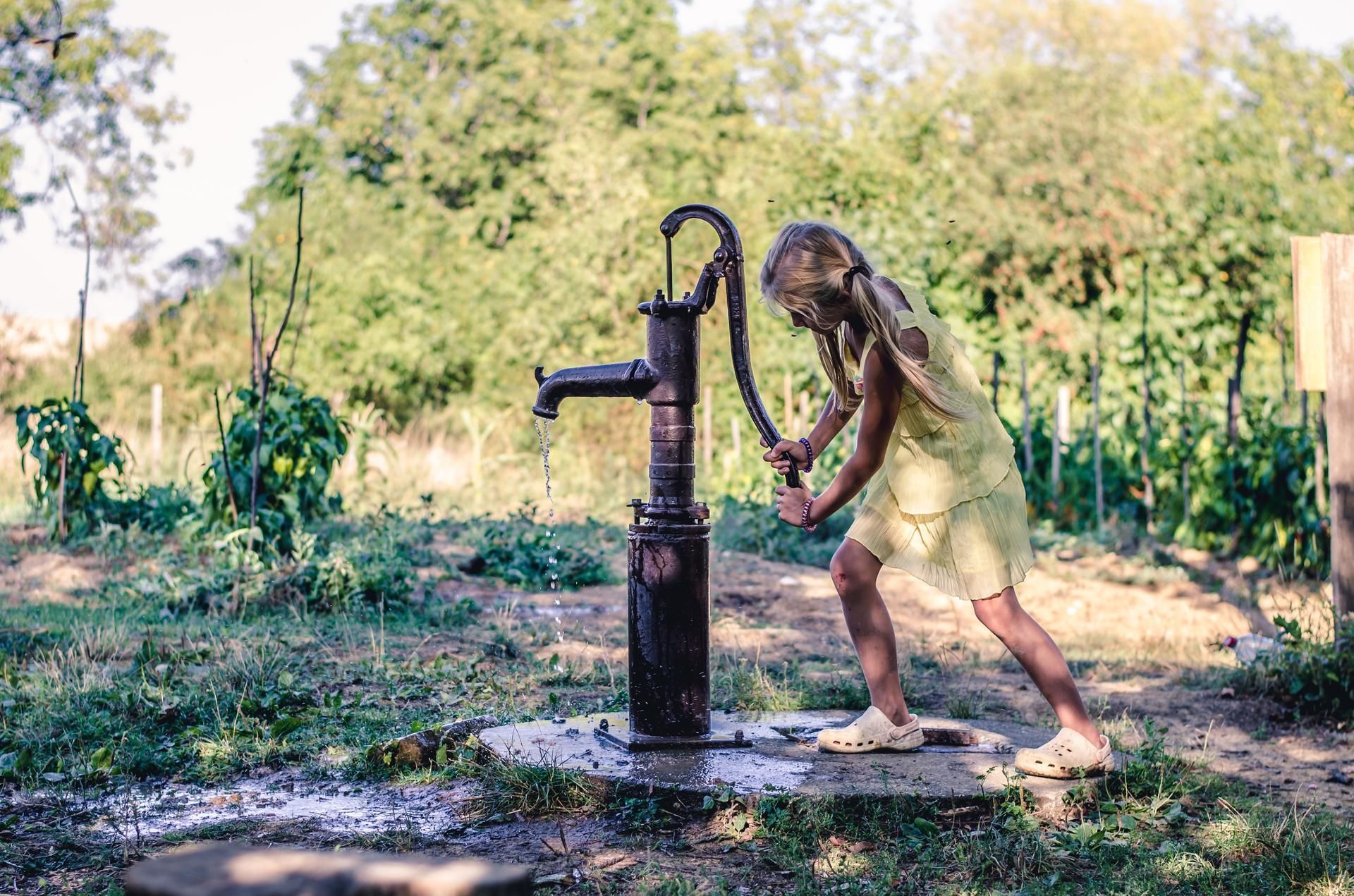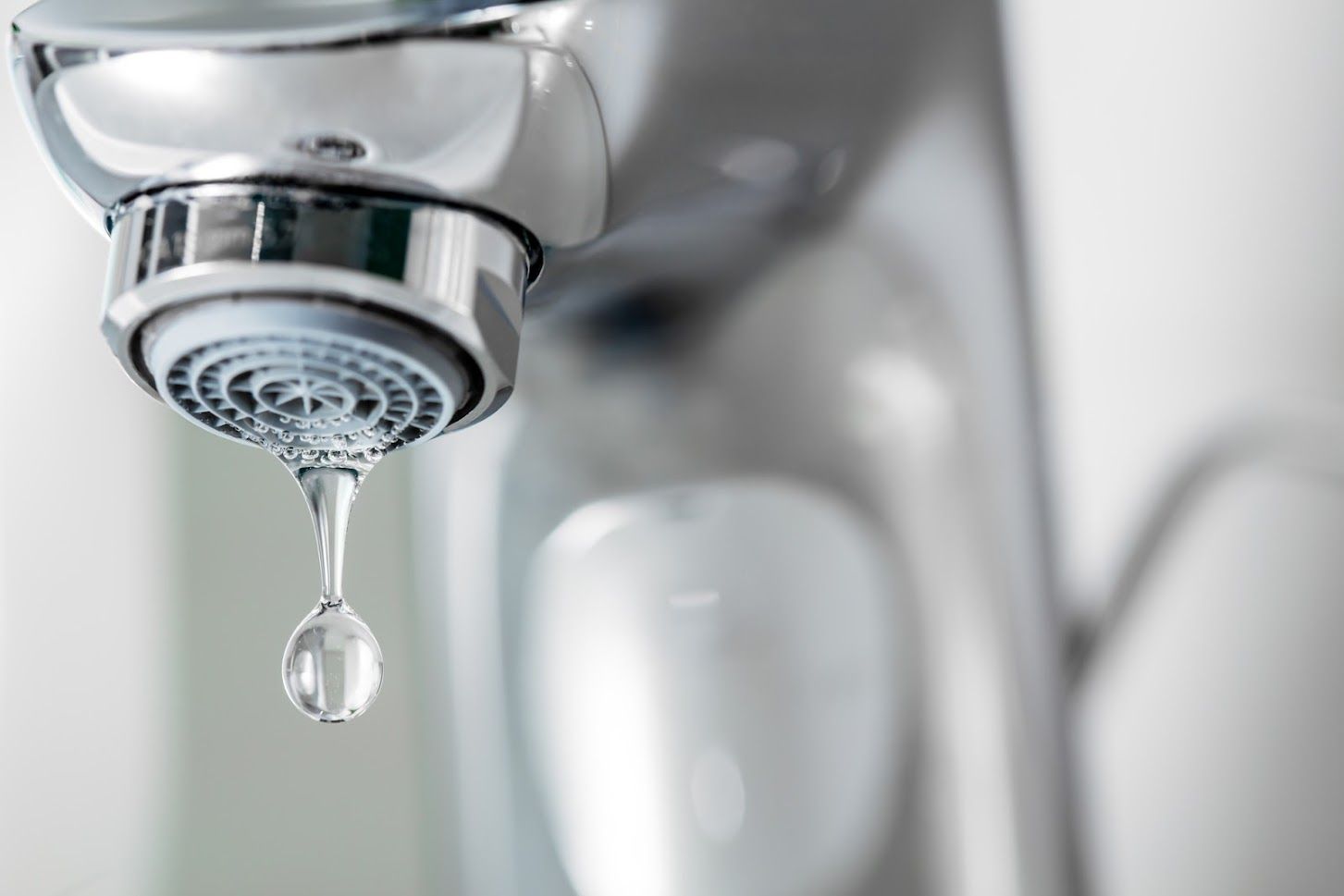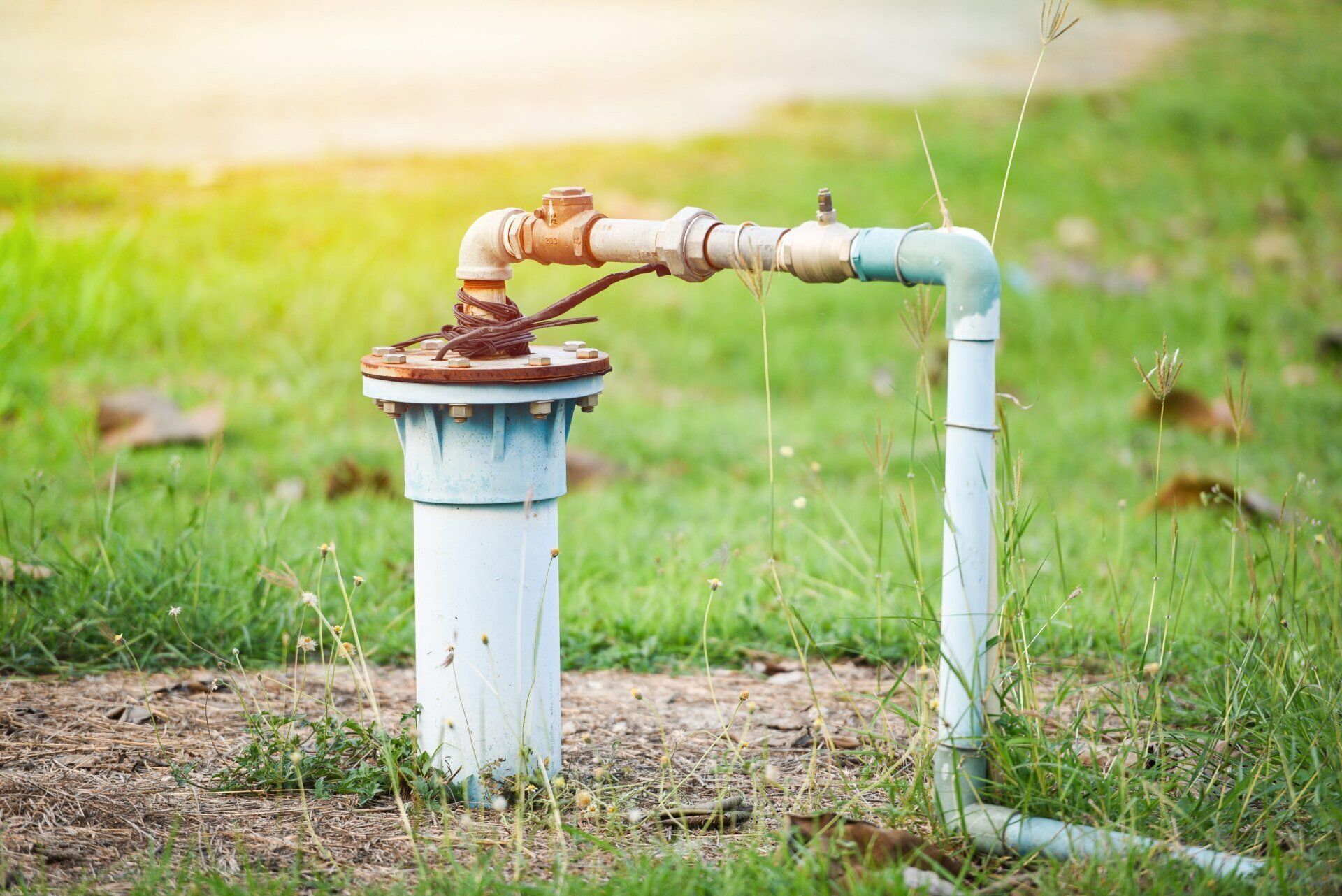Considerations for Planning for a Private Well on Your Land
Many households use groundwater as an alternative to public water supplies. Owning a private well offers several advantages, among them being uninterrupted access to clean water. Homeowners also relish the fact that they do not have to contend with water bills.
Whether you are looking to construct a well on undeveloped land or on land that you have recently developed, you will need to consider several factors to ensure proper location and efficient drilling of your new well.
Read on to learn more about planning for a private well on your land.
Hiring Specialists for Groundwater Exploration
Before constructing a private well, you must identify the appropriate location for drilling or boring the well to ensure a safe source of drinking water.
Find a reputable provider of surveying and planning services to assess your land before setting up a well water distribution system.
Data Collection
Groundwater exploration entails the collection of data on the hydrological and geological characteristics of your land to determine the feasibility of constructing a well in the area.
Such an assessment generally entails evaluating rock positions and formation, identifying potential locations for installing the well, and determining factors such as the quality and quantity of water.
Many factors will influence the location for your well. Important factors to consider include the steepness of your land, the drainage properties of the soil, and the location of amenities such as a septic tank, cesspool, landfills, and roads.
Interviews
The survey may also entail speaking to neighbors to find out about existing wells, aquifer locations, and water management dynamics in the locality.
Methods
Survey and planning specialists use a variety of techniques to collect relevant hydrological and geological data. Examples include surface and sub-surface exploration, the magnetic method, water winching, and gravity method.
Understanding the Different Types of Wells
Wells come in three different types depending on the method used to set up the well. These include bored, driven, and drilled wells.
Bored Wells
Also known as dug wells, bored wells are constructed by digging a hole in the ground, about 10–30 feet deep using powerful equipment such as an earth auger. Concrete, tile, and other such sturdy material reinforce the walls of the well.
Driven Wells
The construction of driven wells entails pushing a small pipe into a ground area with sandy soil and shallow water. Driven wells are relatively inexpensive to construct, but they are only suited for areas with shallow waters of about 10–25 feet deep. When constructed using a machine, these wells can go down to 50 feet deep.
Drilled Wells
Drilled wells are the deepest types of well and can be constructed more than 1,000 feet deep. Depending on the nature of the ground and the desired depth, drillers use different types of equipment including rotary and cable drilling machines.
Identifying Water Use
When planning to construct a private well, you must determine the various uses of water in your household and entire property.
Understanding your water use will help survey specialists determine whether a certain location will be able to provide enough water to meet your needs and, therefore, whether building a well would be worthwhile.
On average, a person in the US uses an estimated 80–100 gallons of water per day. Other water uses to consider include farming activities, lawn sprinklers, swimming pool, and fire protection, among others.
A private well is a significant investment. To avoid costly mistakes such as water contamination and low-yielding wells, have a reliable well and pump specialist to turn to when you have issues with your well or its various components. Call us today to discuss your needs.
